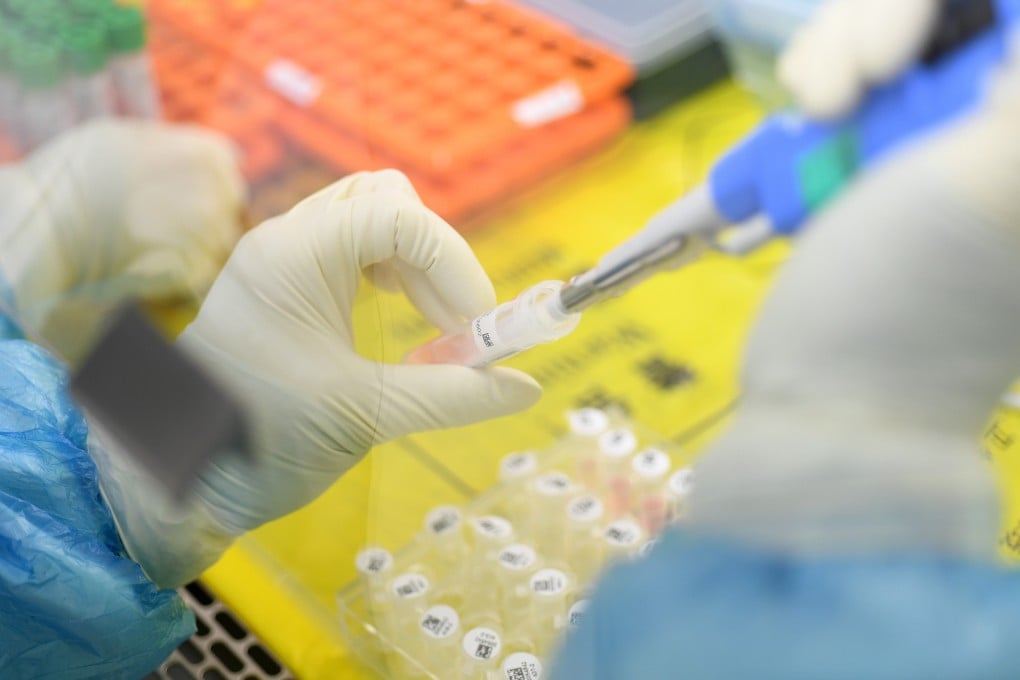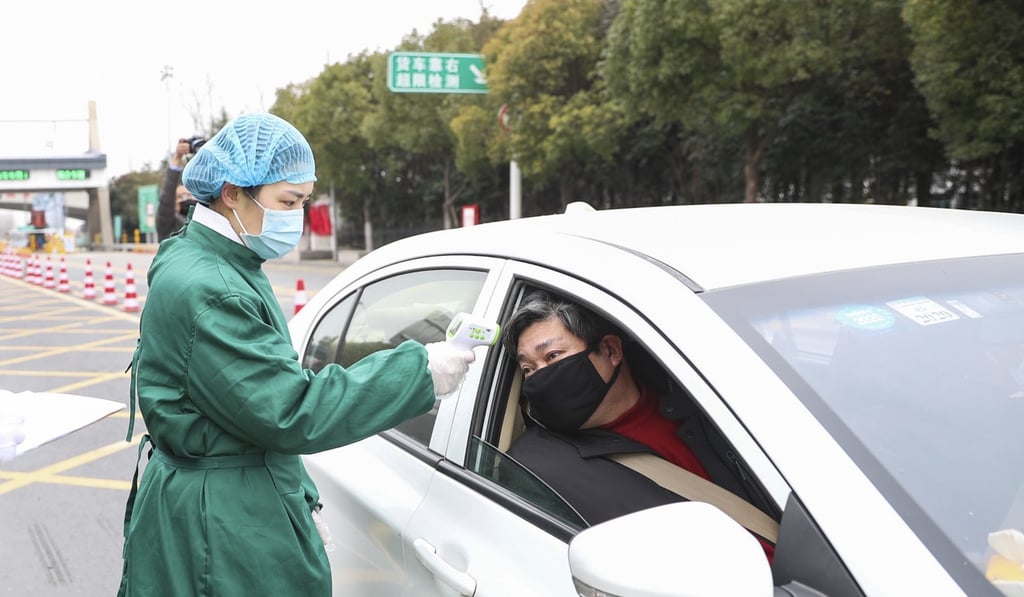Opinion | Coronavirus fight is between species, not countries – we need science and solidarity to beat it
- This current outbreak will burn itself out eventually, but it isn’t the first and won’t be the last that our world has to face
- Solidarity, global collaboration and equal stature for scientists are the tools we need to triumph over contagion, says Dr Swee Kheng Khor

As a frontline doctor in a Malaysian public hospital during the 2009 H1N1 “swine flu” outbreak, I witnessed first-hand how trust and public confidence are as important as isolation rooms and antiviral medicines.

Fear is normal during times of danger – it’s what has kept us alive through millions of years of evolution. During outbreaks, we fear because we don’t know enough, what we know keeps changing, scientists and governments can’t seem to agree on the facts, and we fear death from unnatural or unpredictable causes. Cognitive dissonance only makes it worse – we ask ourselves why, if there’s nothing to worry about, millions of people are under quarantine, for example. Psychologically, we fear things we can’t see or control. Sociopolitically, we imagined that borders will protect us from “foreign threats”, so we panic when viruses penetrate these borders so effortlessly.
Social media
